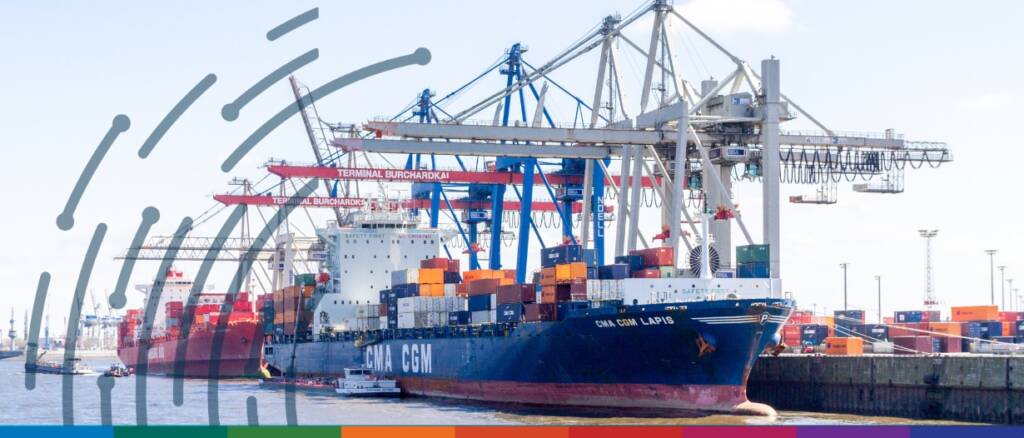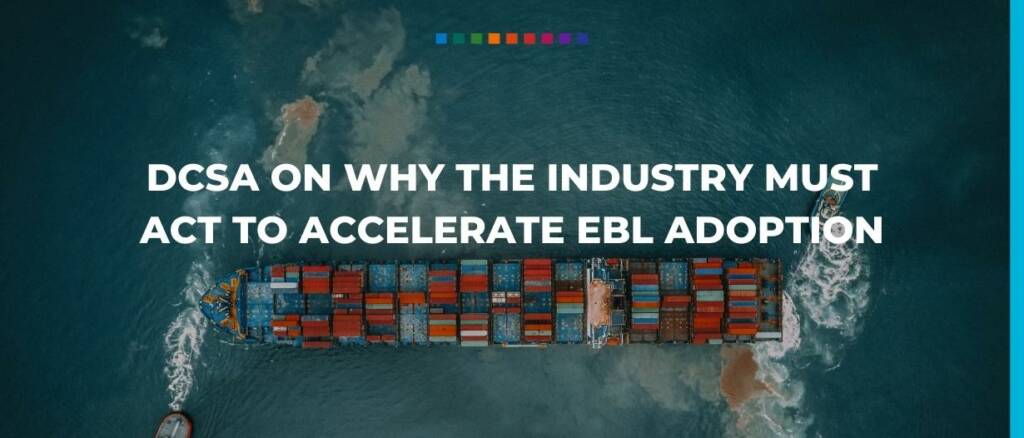Your Monday coffee briefing from TFG – Commerzbank on standardisation: the key to sustainable trade finance
Incoterms® are the international terms which determine business-to-business practice in the transport and delivery of goods published by the International Chamber of Commerce (ICC). They set out the important fundamentals of the Incoterms® rules, and the contracts surrounding a typical contract of sale for export/import.
The air cargo market continues to unwind as the global economy slows and consumers tighten their belts in regard to services. The industry is slowly moving into its typical peak… read more →
Your Monday coffee briefing from TFG – VIDEO | Citi on navigating volatility and incorporating ESG finance principles into trade finance
Enigio AB signed an agreement on 31 October, 2022, with the International Federation of Freight Forwarders Associations (FIATA) to add its trace:original to the solutions supporting the electronic bill of… read more →
At Sibos 2022, Trade Finance Global (TFG) spoke with Niels Nuyens, program director at Digital Container Shipping Association (DCSA), to learn more about digitalisation in the shipping space.
Your weekly coffee briefing from TFG: E-rules for trade explained – URDTT, eURC, and eUCP
With the seller not only contracting for carriage to the buyer’s country but also contracting for delivery to occur there – the difference between the C rules and the D rules – the seller not only bears the transit risk but potentially puts itself in jeopardy of breaching the sales contract.
Dock workers at the UK’s largest container port have gone on strike for the first time in 30 years. About 1,900 members of the Unite union at Felixstowe in Suffolk… read more →
A new report on Thursday claimed that China is willing to cooperate with countries along the China-Europe Railway Express lines, jointly promoting the construction of major infrastructure projects. This will… read more →






















